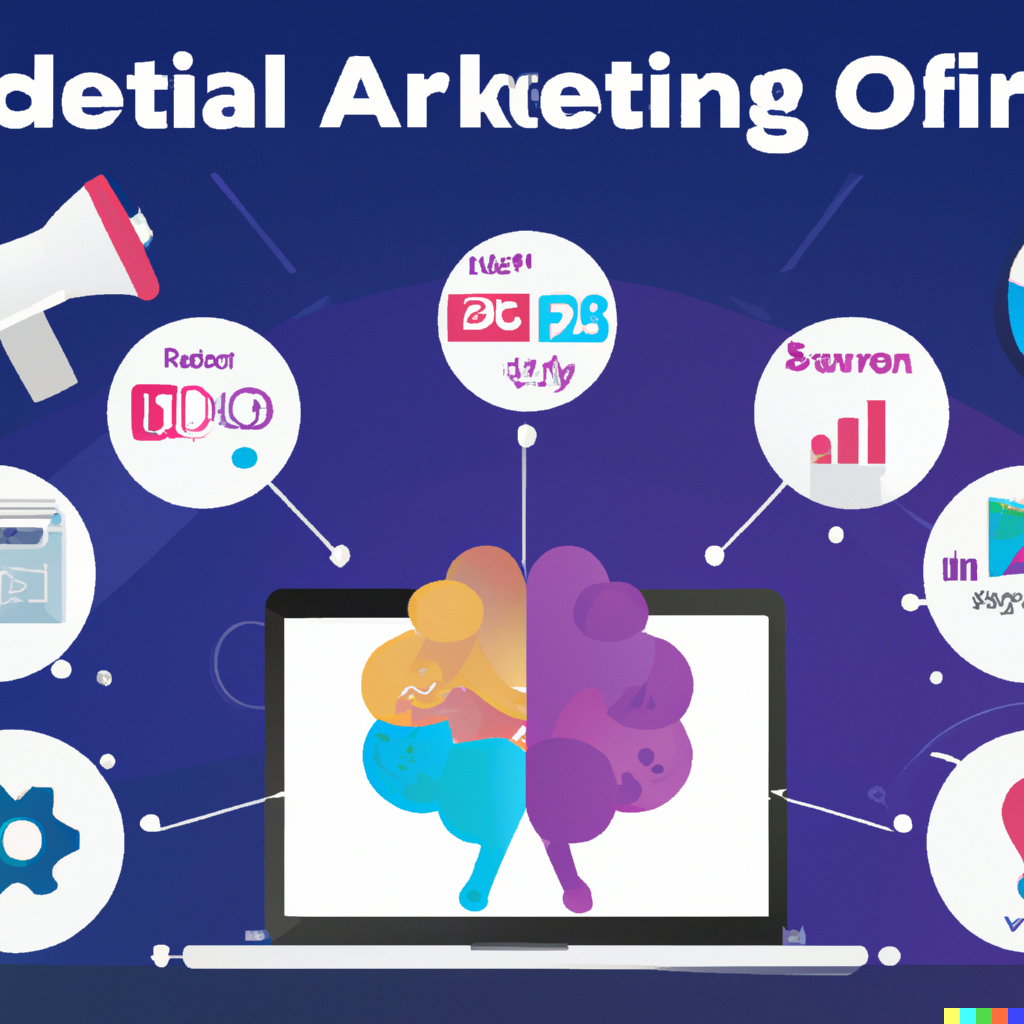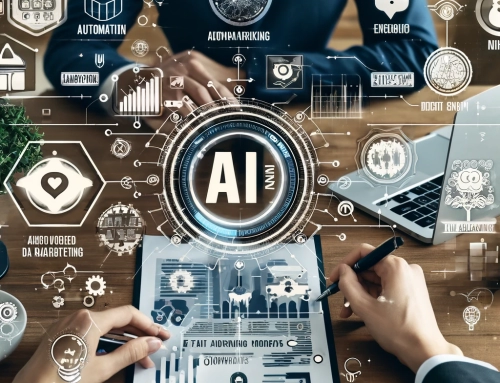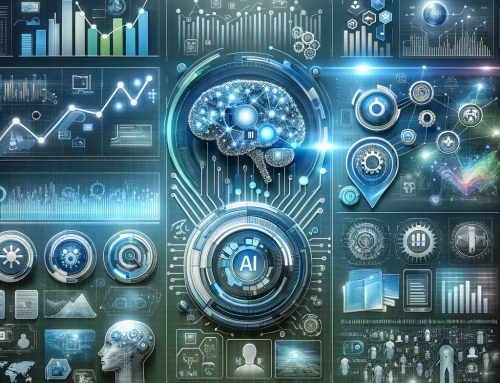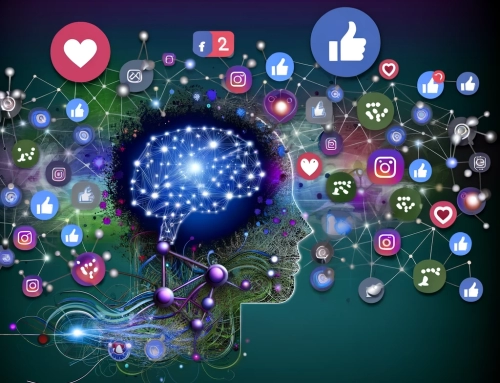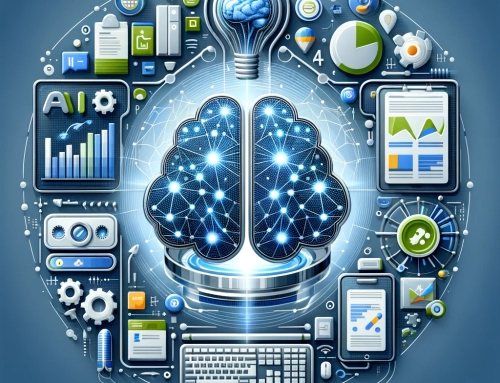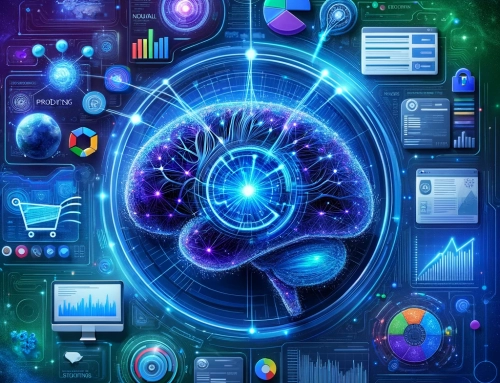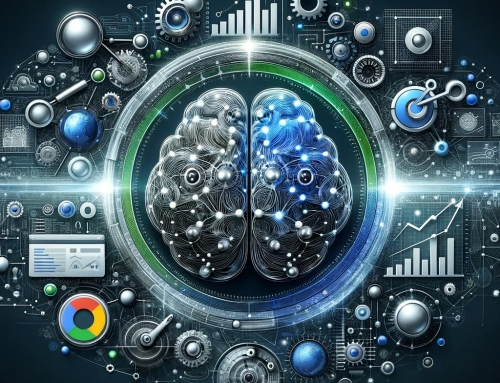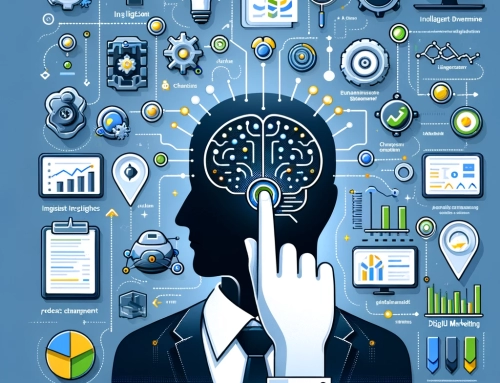Artificial Intelligence (AI) is transforming the digital marketing landscape for small businesses. AI provides powerful tools for businesses to analyze and leverage customer data, automate marketing tasks, and personalize the customer experience. In this article, we will explore the use of AI in digital marketing for small businesses.
Personalization
One of the key benefits of AI in digital marketing is its ability to provide personalized experiences for customers. AI can analyze customer data such as browsing history, purchase history, and demographic information to create personalized recommendations and promotions.
Personalized experiences can be delivered through a variety of channels, including email, social media, and website content. For example, AI can analyze a customer’s purchase history to recommend related products or create personalized email promotions.
Customer Insights
AI can also provide valuable insights into customer behavior and preferences. By analyzing customer data, businesses can gain a deeper understanding of their customers and develop more effective marketing strategies.
AI can provide insights into a wide range of customer behaviors, including browsing habits, purchasing patterns, and social media activity. This data can be used to identify customer preferences, predict future behavior, and create targeted marketing campaigns.
Marketing Automation
Another area where AI can benefit small businesses is marketing automation. AI-powered tools can automate a wide range of marketing tasks, including email campaigns, social media management, and content creation.
For example, businesses can use AI-powered chatbots to provide customer support on their website or social media channels. These chatbots can answer customer questions, provide product recommendations, and even process orders.
Predictive Analytics
Predictive analytics is another area where AI can provide significant benefits to small businesses. By analyzing customer data, AI can predict future behavior and identify opportunities for growth.
For example, businesses can use predictive analytics to identify customers who are most likely to make a purchase or engage with their brand. This information can be used to create targeted marketing campaigns that are more likely to convert.
Chatbots
Chatbots are an increasingly popular way for small businesses to provide customer support and engage with customers. AI-powered chatbots can provide 24/7 support and answer customer questions in real-time.
Chatbots can be used to answer a wide range of customer inquiries, from product questions to billing issues. By providing quick and efficient support, businesses can improve customer satisfaction and build brand loyalty.
Image and Video Analysis
AI can also be used to analyze images and videos for marketing purposes. For example, businesses can use image recognition technology to identify products in social media posts and create targeted marketing campaigns based on that information.
AI can also be used to analyze video content for marketing purposes. For example, businesses can use AI to identify the most engaging parts of a video and use that information to create more effective marketing content.
A/B Testing
Finally, AI can be used to optimize marketing campaigns through A/B testing. A/B testing involves testing different versions of marketing campaigns to see which performs best.
AI can be used to analyze the results of A/B testing and provide insights into which campaigns are most effective. This information can be used to optimize future marketing campaigns and improve overall performance.
Conclusion
AI provides powerful tools for small businesses to improve their digital marketing efforts. By leveraging customer data, automating marketing tasks, and providing personalized experiences, businesses can create more effective marketing campaigns and improve customer engagement. As AI technology continues to evolve, small businesses that embrace these tools are well-positioned to compete in an increasingly digital marketplace.

